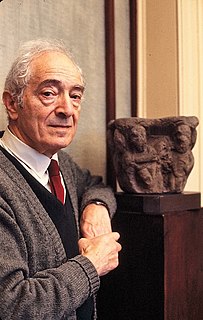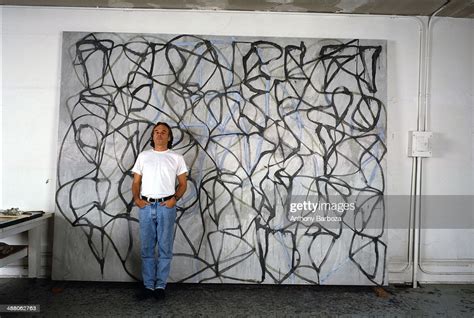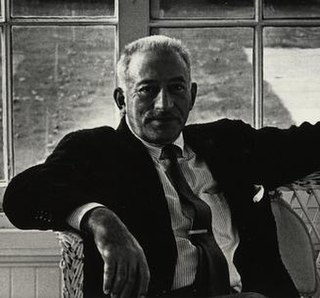A Quote by Roy Lichtenstein
I don't know why you'd want to say your work comes from nature, because art is related to perception, not nature. All abstract artists try to tell you that what they do comes from nature, and I'm always trying to tell you that what I do is completely abstract. We're both saying something we want to be true.
Related Quotes
This thou must always bear in mind, what is the nature of the whole,
and what is my nature, and how this is related to that, and what
kind of a part it is of what kind of a whole; and that there is no one
who hinders thee from always doing and saying the things which are
according to the nature of which thou art a part.
... landscapes or still-lifes I paint in between the abstract works; they constitute about one-tenth of my production. On the one hand they are useful, because I like to work from nature - although I do use a photograph - because I think that any detail from nature has a logic I would like to see in abstraction as well.
Movement, change, light, growth and decay are the lifeblood of nature, the energies that I I try to tap through my work. I need the shock of touch, the resistance of place, materials and weather, the earth as my source. Nature is in a state of change and that change is the key to understanding. I want my art to be sensitive and alert to changes in material, season and weather. Each work grows, stays, decays. Process and decay are implicit. Transience in my work reflects what I find in nature.






































